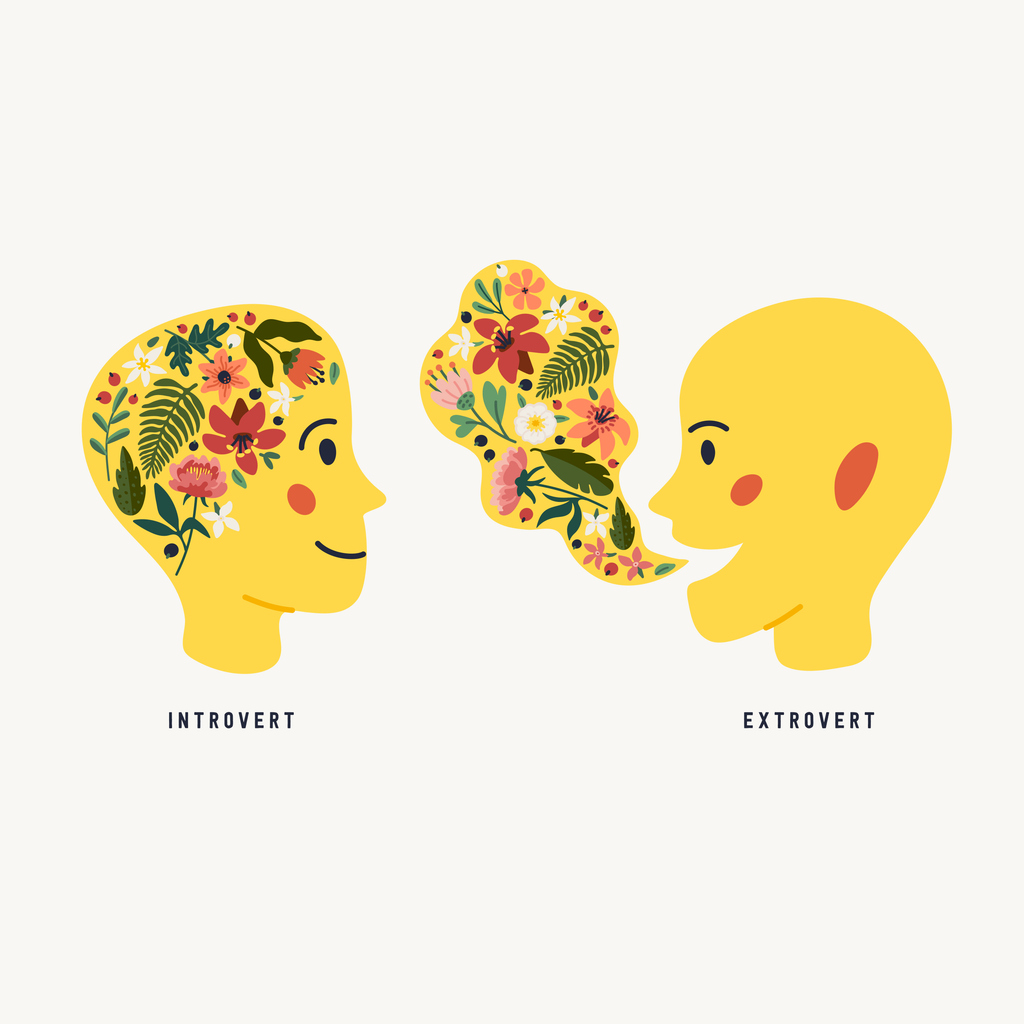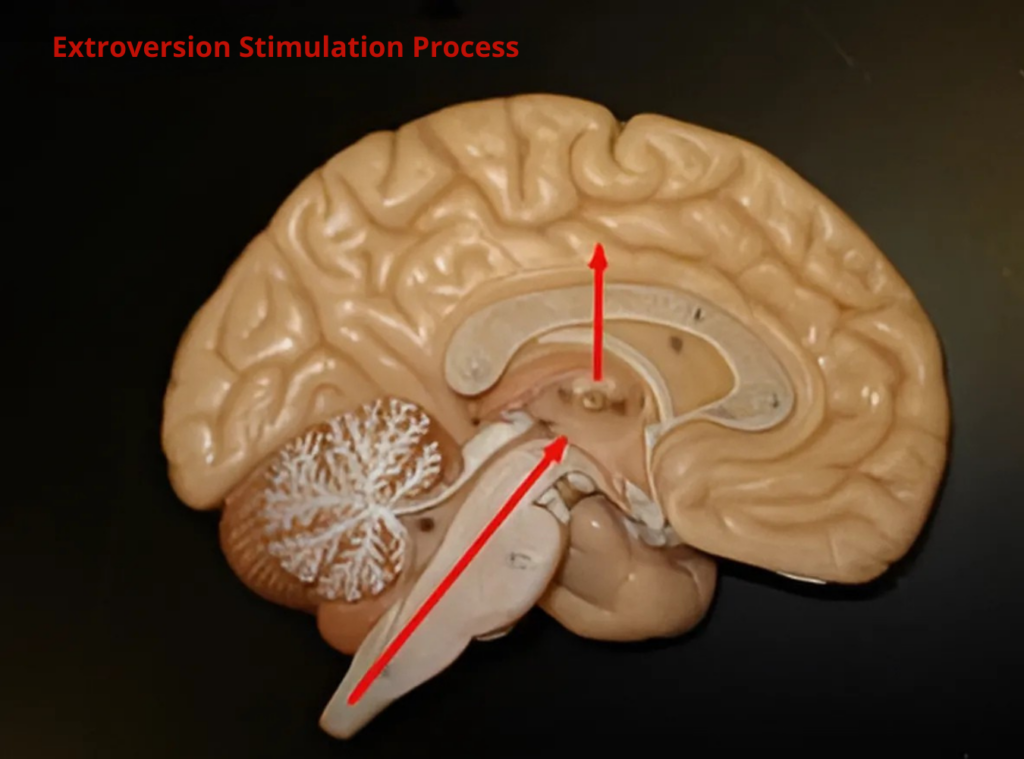
Let’s take a quick quiz:
If you answered yes to all of the odd-numbered questions, then you may be an introvert. If you answered yes to all the even numbered questions, then you may be an extrovert. But what if you positively identified with some of the odd and even numbers? Then you just might be an ambivert.
Whether you are an introvert, extrovert or somewhere in between, how you interpret and interact with these different types of situations can help you understand the different aspects of your personality. Many myths and stereotypes surround these personality traits, often trying to categorize them in shallow and superficial ways, but introversion and extroversion actually significantly impact the way that your brain interprets and processes everyday interactions.
The brain acts like a battery when it comes to social interactions. With introverts, the brain can become fatigued, causing an introvert to feel physically and mentally exhausted after just a few hours of social interaction. Each interaction requires an equal amount or more solitude in order to recharge and have the introvert feeling back to normal again. On the other hand, extroverts feel energized just by being around people much like a rechargeable battery.
The effects of social interaction on the brain may have a strong correlation on how a person processes these interactions. When extroverts interact with outside stimuli, the pathway through the brain needed for interpretation is relatively short; from the spinal cord straight up into the brain passing through sensory processes. Extroverts can understand and interpret what they see faster, and correlate their findings based on their five senses.

Introverts have a much longer pathway; from the spinal cord to the thalamus through the prefrontal cortex and back to the thalamus. The prefrontal cortex and thalamus is involved in and regulates decision making, motor signals, and concentration, meaning that each interaction requires that the brain associate interaction with recalling events, and problem-solving. Introverts can often take longer to interpret situations, feelings and events because of this long pathway.
Reward Seekers
Extroverts and introverts also process rewards differently. Studies have shown that introverts have a more extreme reaction to outside stimuli, while extroverts have a larger threshold for stimuli. That is why some introverts find themselves avoiding loud restaurants, hyperactive friends, and unpredictable experiences because it overloads their brain with information.
Extroverts are the opposite. They soak in these experiences and find themselves seeking new highs to help excite them such as taking risks and participating in extreme sports and activities. These extreme activities show an increased response in the amygdala and nucleus accumbens, which process emotional stimuli and motivation. In addition, because of an extrovert’s interpretation of situations through their sensory areas of the brain, they associate feelings of reward with their immediate environment.
No one is simply an introvert or extrovert. Instead, many people lean more towards one or the other but do not personify these traits 100 percent. If you identify with 50 percent of both traits, then you would be an ambivert, or simply, the best of both worlds.